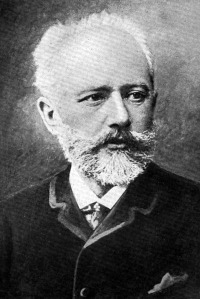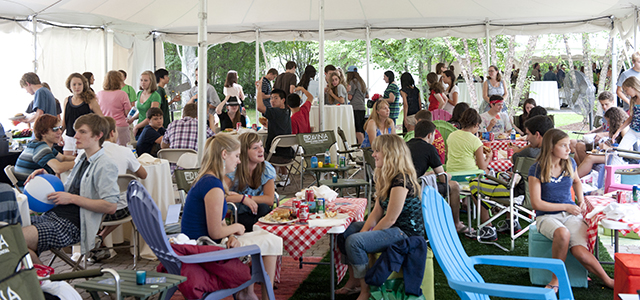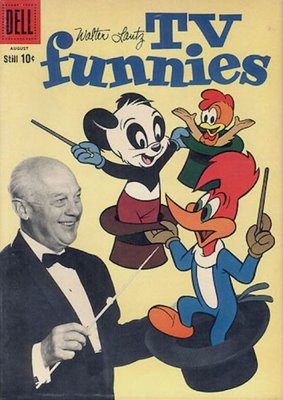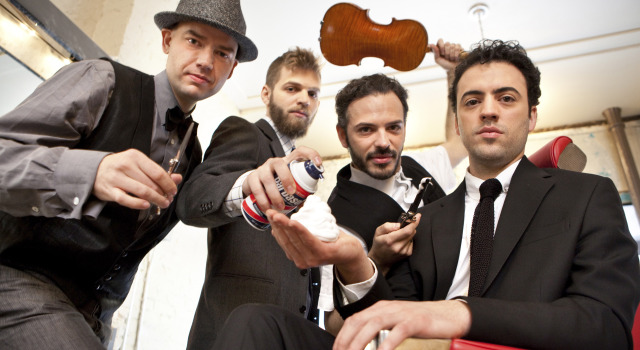
Every industry has its heroes. In film editing—and especially sound—that’s Walter Murch. You need only watch the scene from Apocalypse Now (1979) where Wagner’s “The Ride of the Valkyries” is blasted from attacking helicopters to know that you’re watching the work of a master. And while Murch has many strengths, it is in editing sound that he is in a league of his own. The sound truly works together with the image in what he does for a total, powerful experience.
If you read his books or listen to him talk, you may notice that he makes frequent references to music; listening to music, playing music, musical structure and music history. The links between music and editing go way beyond the mere fact that background music often guides our emotions in a scene or that shots in montages are traditionally cut predominantly on the beat. I’ve always felt that editing is like playing or composing music, and when I get to edit a video where music is a primary “character,” the overlap of the subject matter, elements and process make my job even more fun.
Last Thursday Ravinia posted the last in a series of 13 videos in which the members of the Lincoln Trio discuss and play piano trio repertoire. Each featured selection is among the choices for the Trio’s audience-request concert on August 15. We made the short videos to introduce voters to the repertoire, and each of the videos, like the music itself, has its own rhythm, tempo, structure, etc. I had fun playing the interview footage off the music: in some videos I used sounds as transition points (like the ponticello in Auerbach or the palm-on-piano-strings in Garrop); in others I let the music strictly guide the rapidity and smoothness of the cuts (like the Higdon and the Smetana); and for something like Beethoven, I felt that less is really more.
I hope you’ve enjoyed watching these. I certainly enjoyed editing them!
Elena Guobyte
Multimedia Production Associate

















